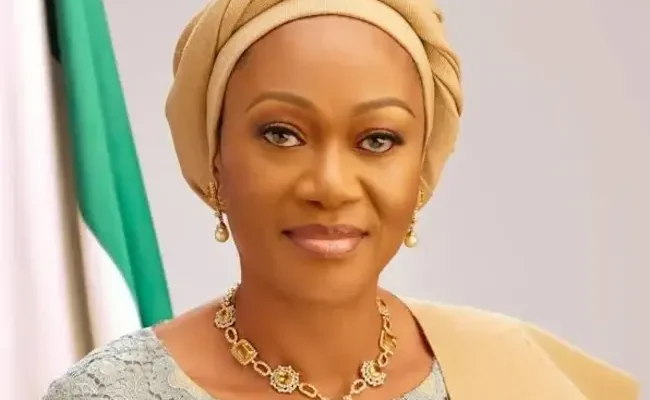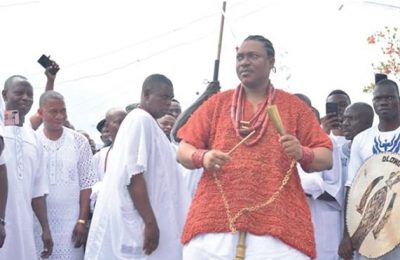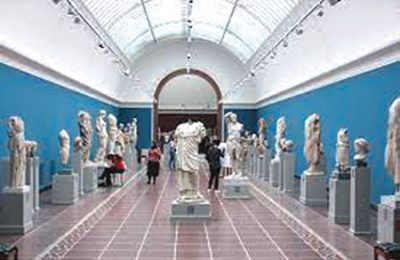The First Lady of Nigeria, Sen Oluremi Tinubu, has lamented that despite the progress made, significant barriers still inhibit African women from claiming a larger stake in the political process.
She disclosed this in her address at the Spotlight Initiative of the ECOWAS Parliament Female Parliamentarians Association (ECOFEPA) at the alternative chamber of the National Assembly in Abuja.
While speaking further, she noted that deeply entrenched societal norms, systemic discriminatory practices, structural issues within African political systems, and financial incapability are significant barriers hindering women’s political participation in Africa.

She, however, noted that quotas have proven to be a powerful tool in enhancing women’s political participation as they ensure a minimum number of seats are allocated to women, thereby promoting gender balance.
ALSO READ:NULGE President seeks political autonomy for LG councils
“Countries like Sweden, Norway, and Spain have achieved significant representation of women in their parliaments, leading to more inclusive and representative governance,” she said.
“However, when we compare the data globally, we see that many countries have implemented quotas to improve women’s representation in governance.

“This stark difference underscores the urgency for strategic planning and the implementation of effective measures to meet the ECOWAS statute requiring 30% women representation in parliament. To fully achieve this across the board, we must be seen to walk the talk.”
Tinubu further added that Norway and Spain have successfully used gender quotas to achieve significant representation of women in their parliaments, leading to more inclusive and representative governance.
She, however, said that when comparing the data globally, many countries have implemented quotas to improve women’s representation in governance.
“This stark difference underscores the urgency for strategic planning and the implementation of effective measures to meet the ECOWAS statute requiring 30% women representation in parliament.
“To fully achieve this across the board, we must be seen to walk the talk. For instance, our party, the All Progressives Congress (APC), has taken significant steps to remove financial barriers by making nomination forms for elective positions free at the grassroots level, ensuring that capable and qualified women can participate in the political process without the burden of prohibitive costs.
“Education is the cornerstone of empowerment. By improving access to education for girls and women, we can equip them with the knowledge and skills necessary to participate effectively in political processes. Additionally, raising awareness about the importance of women’s representation in governance is crucial.”
“Public campaigns, media engagement, and community programs can help shift societal attitudes and dismantle stereotypes that hinder women’s political participation. While quotas and education are essential, enforcement of these measures is equally critical.
“Governments must put in place robust mechanisms to ensure compliance with gender quotas. This includes legal frameworks and monitoring systems that hold political parties accountable.
“Constitutional amendments may also be necessary to enshrine gender equity in political representation. Such amendments would provide a solid legal foundation for women’s adequate representation, ensuring that gender equity is not just a policy preference but a constitutional mandate.
“Civil society and women’s organizations have been at the forefront of advocating for gender equity in politics. Their efforts have led to significant advancements, but more needs to be done.
“These organizations must continue to challenge discriminatory practices and work collaboratively with governments to create an enabling environment for women’s political participation.
“The journey towards achieving 30% women representation in our parliament is achievable once we take the bold step to kickstart the journey to an enduring democracy of quality representation,” she said.
Tinubu also commended the Federal House of Representatives for passing the Bill seeking to reserve 74 seats for women in the National Assembly in a bid to encourage more female participation in politics and governance.
“I believe that the leadership in the Senate is gender-friendly. I urge the 10th National Assembly to give women the necessary support.
“Nigerian women are smart and intelligent and can work alongside our male counterparts, without friction, for the good and development of our country.”







